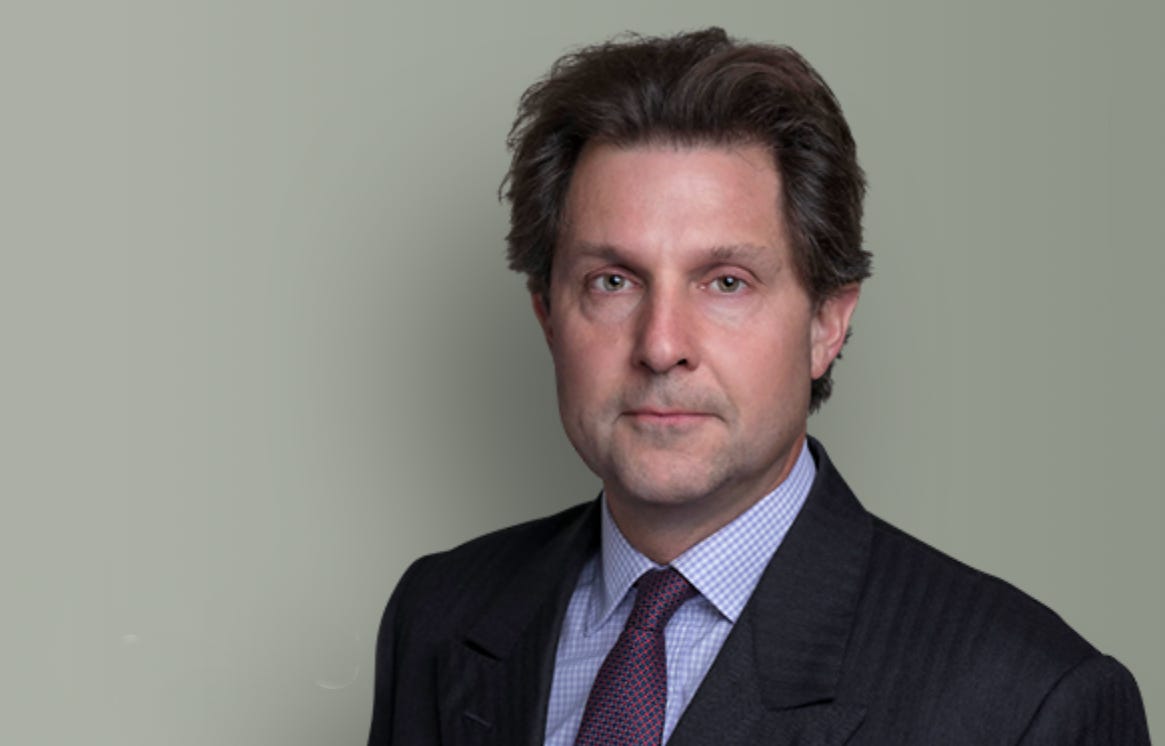Top lawyer quits over secret courts
Government response to critical report will be five years late
The system of closed hearings in security-related civil cases may be about to unravel now that the most experienced special advocate in England and Wales has said he will no longer take on new cases.
Just over 10 years ago, parliament decided that some claims should be tried in secret session, with claimants excluded from the courtroom and not allowed to read the court’s full judgment. Broadly speaking, these are cases in which the court considers that disclosure of sensitive material would damage national security and that a closed material procedure would be in the interests of justice.
Sometimes, closed material may be the only evidence there is. That means that cases can be decided against an individual without that person having any idea why they lost, following a hearing from which the party was excluded at the crucial stage.
In those circumstances, the Justice and Security Act 2013 allows for security-cleared lawyers — known as special advocates — to represent the interests of excluded individuals as best they can. But special advocates are “not responsible to” the excluded parties and must not speak to them or their lawyers.
Angus McCullough KC has been leading the campaign for improvements to the system. As I reported nearly two years ago, he and more than 30 other special advocates had given evidence that government failures had “combined to increase the unfairness of closed material procedures significantly beyond the unfairness that is inherent to such procedures”.
Keep reading with a 7-day free trial
Subscribe to A Lawyer Writes to keep reading this post and get 7 days of free access to the full post archives.




